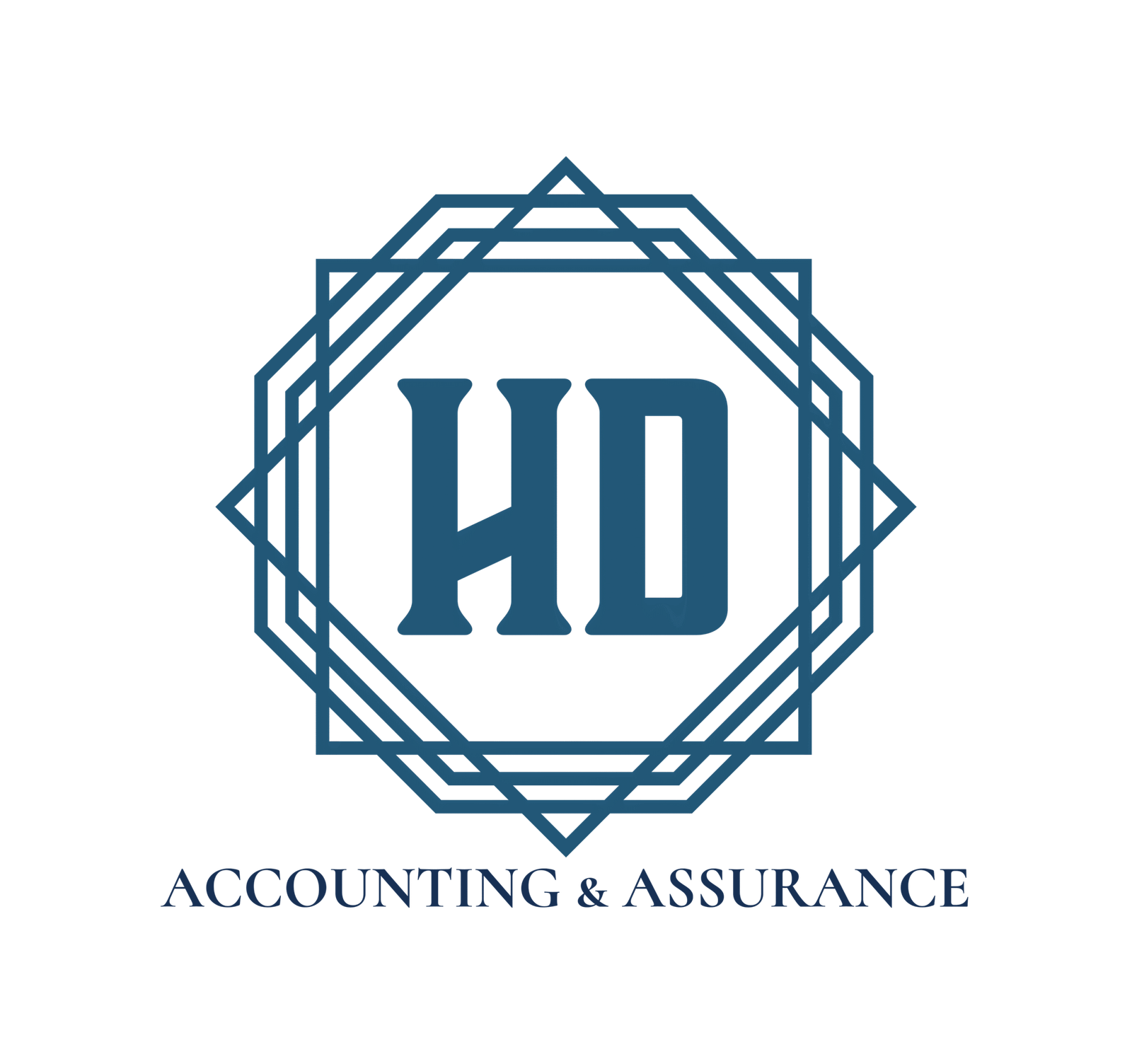The Financial and Legal Implications
Combining personal and business expenses can lead to significant financial and legal repercussions. One of the primary financial risks is the potential for inaccurate financial statements. When personal and business expenses are mixed, it becomes challenging to maintain clear and precise financial records. This lack of clarity can result in poor business decisions and mismanagement of funds, as business owners may not have an accurate understanding of their profits and losses. For instance, business expenses could be overstated or understated, leading to incorrect financial projections and budgets.
Moreover, mixing personal and business expenses complicates the tax filing process. It becomes difficult to claim valid deductions, as the IRS requires clear separation between personal and business costs. This commingling raises red flags, increasing the likelihood of an IRS audit. During an audit, the IRS will scrutinize the business’s financial records, and if personal expenses are found to be claimed as business deductions, it could result in penalties, fines, and back taxes. Financial advisors often stress the importance of maintaining separate accounts to streamline the tax filing process and minimize the risk of an audit.
Legal risks are equally significant when personal and business expenses are not kept separate. One of the most severe consequences is the potential for piercing the corporate veil. This legal concept allows creditors to hold business owners personally liable for business debts if it is proven that personal and business finances were intertwined. For example, in the case of a lawsuit or bankruptcy, the court may find that the business structure was merely a facade and hold the owner personally accountable for the company’s obligations. Legal experts emphasize the importance of maintaining distinct financial boundaries to protect personal assets from business liabilities.
Case studies further illustrate these points. Consider the example of a small business owner who used his personal credit card for business purchases. During a financial review, inconsistencies in expense reporting were discovered, leading to an IRS audit. The audit revealed improper deductions, resulting in substantial fines and penalties. Another case involved a startup where the owner’s personal and business funds were mixed, leading to legal action from creditors who successfully pierced the corporate veil, rendering the owner personally liable for the company’s debts. These examples underscore the critical importance of separating personal and business finances to avoid financial mismanagement and legal complications.
Best Practices for Keeping Personal and Business Finances Separate
Maintaining a clear distinction between personal and business finances is crucial for effective financial management and regulatory compliance. One of the foundational steps in achieving this separation is setting up distinct bank accounts and credit cards dedicated solely to business use. This practice not only simplifies expense tracking but also provides a clear financial picture, which is essential for sound business decision-making.
Using accounting software can further enhance the accuracy of tracking expenses. Modern accounting tools offer features such as automated transaction categorization, real-time financial reporting, and seamless integration with bank accounts. This technological assistance reduces the likelihood of errors and ensures that all financial activities are correctly documented. Moreover, many accounting programs offer mobile apps, making it convenient to manage finances on the go.
Maintaining thorough records and receipts is another critical aspect of separating personal and business finances. Keeping detailed documentation simplifies tax preparation and financial reporting. Business owners should develop a habit of saving all business-related receipts and storing them in an organized manner, whether digitally or physically. This practice not only aids in accurate bookkeeping but also serves as a safeguard during audits.
The role of a professional accountant or bookkeeper cannot be overstated in maintaining clear financial boundaries. These professionals bring expertise in financial management and can offer valuable insights into the business’s financial health. They ensure that all transactions are correctly recorded and can provide advice on tax planning and compliance. Engaging with a professional can save time and prevent costly mistakes.
Practical examples from small business owners highlight the effectiveness of these practices. For instance, Sarah, a freelance graphic designer, shared that setting up a separate business account and using accounting software helped her streamline her invoicing process and gain a better understanding of her financials. John, who runs a local bakery, emphasized how hiring a bookkeeper allowed him to focus more on his core business operations, knowing that his finances were in good hands.
By adopting these best practices, business owners can ensure a clear demarcation between personal and business finances, paving the way for financial stability and growth.


Leave a Reply